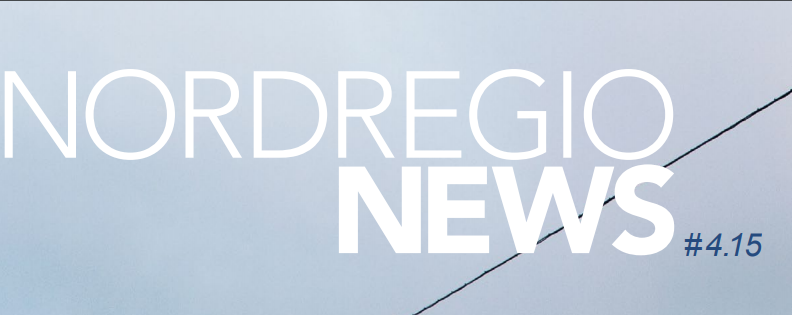October 1st was the official start date of the new three year research and cooperation project titled REGINA: Regional Innovation in the Nordic Arctic and Scotland with a Special Focus on communities with Large-Scale Projects.
Small local communities need support when facing the task of how to effectively integrate these industrial developments into existing communities that have their own, unique social economic and environmental contexts. As a result, the REGINA project will focus on how these communities can create effective strategies that help ensure the economic and social benefits of these industrial developments are retained as much as possible within the local communities.
REGINA will focus on responding to three interrelated challenges often facing communities in sparsely populated Arctic areas which are undergoing these industrial developments. Firstly, demographic challenges, highlighted by ageing and declining populations, as well as outmigration, gender imbalance and low availability of a suitable labour force. These challenges can be predicted through a foresight tool for understanding possible future local demographic and labour market trends, and the results can be used to support policy responses.
Secondly, land use conflicts, highlighted by challenges in combining traditional socio-economic and cultural land uses alongside potentially expansive industrial developments can be mitigated or even avoided through the development of a Social impact management plan for responding to local land use conflicts.
Thirdly, there is need to develop the supply chain and complementary activities alongside of these new industries to ensure retention of local benefits coming from the industrial activities. Here, supporting local innovation and entrepreneurship is crucial and REGINA will provide a toolbox for assessing potential local benefits of industrial development, and how to achieve them. Each of these will be integrated within the Smart Specialisation Strategies of the local communities involved in the project.
The project is funded through the Northern Periphery and Artic Programme, which is an initiative of INTERREG Europe within the European Regional Development Fund. Nordregio is the Lead Partner of the project, responsible for its effective implementation, communication and financial management. As an INTERREG project REGINA includes both research institutions and local authorities as partners working and learning together, for the benefit of each other.
The research partners will be responsible for developing tools and processes that will in turn be tested and implemented by the local authorities as they develop their own Local Smart Specialisation Strategies for how to retain local benefits from large-scale industrial development. Research partners: University of Lapland, Nordland Research Institute: Norwegian Institute of Bioeconomy Research (NIBIO), MidtSkandia, North Highland College. Local authorities (map): Sodankylä Municipality, Storuman Municipality, Alstahaug Municipality, Brønnøy Municipality, Kujalleq Municipality. Associated partners: Highlands and Islands Enterprise, Nordlands FylkeKommune, Nordic Council of Ministers.
This article is part of Nordregio News #4. 2015, read the entire issue here.


